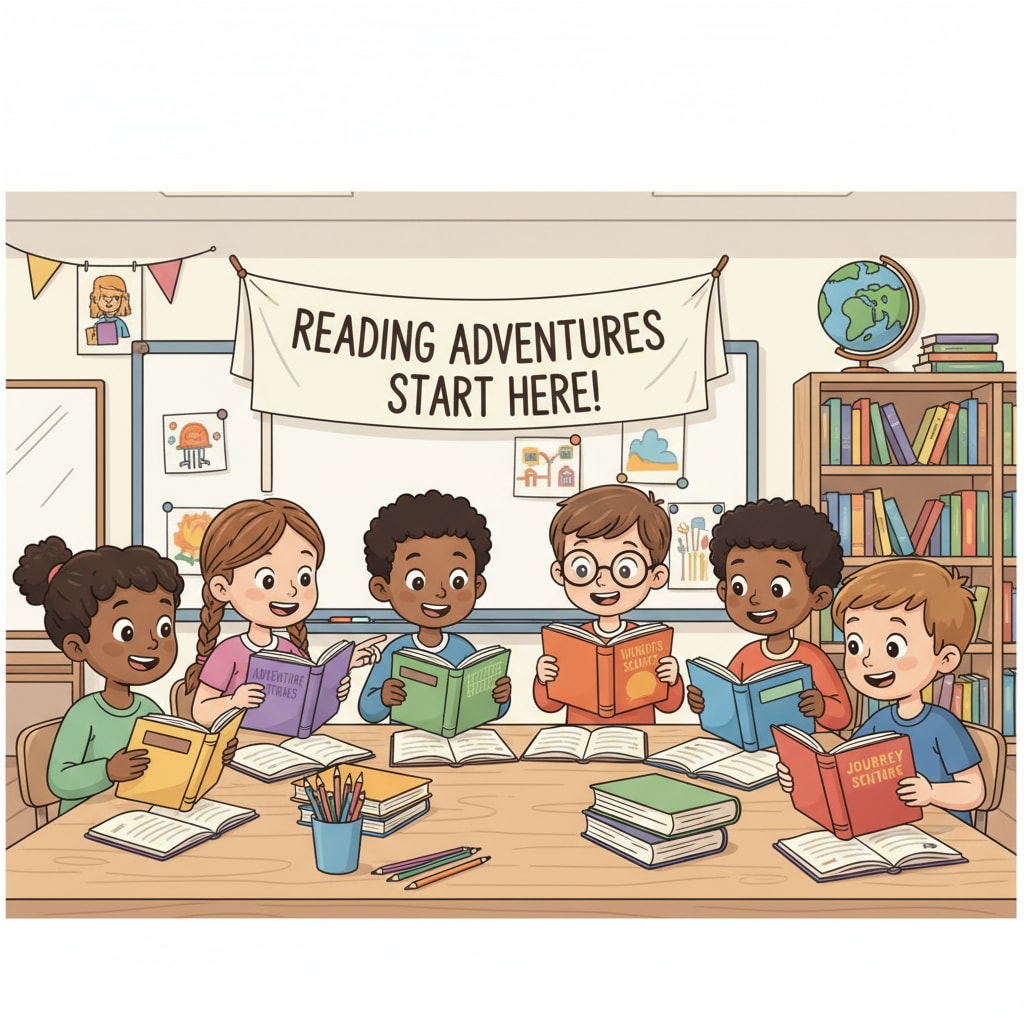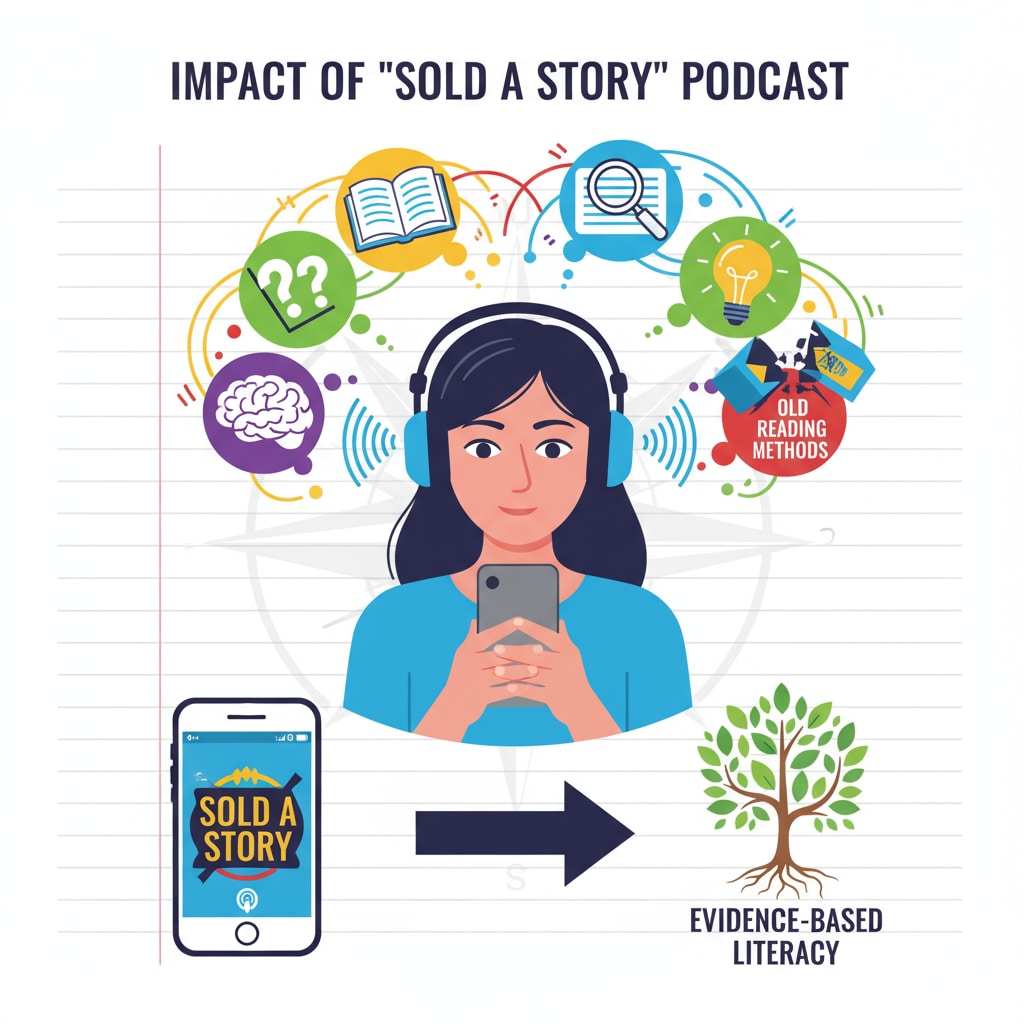In the realm of K12 education, the landscape of children’s reading teaching methods is a complex tapestry. The concepts of reading instruction, “Sold a Story”, and educational science have become focal points in understanding how to effectively teach children to read. The “Sold a Story” podcast has emerged as a crucial resource, shedding light on the path of science-based reading instruction.

The Current State of Reading Instruction
Currently, the methods used in children’s reading instruction vary widely. Some approaches may lack a solid scientific foundation, leading to inconsistent results. In many classrooms, educators are searching for strategies that can truly enhance students’ reading skills. For example, some traditional methods might focus solely on memorization, neglecting the deeper understanding of language and context. However, educational science has provided new perspectives on how the human brain processes language and learns to read.
The Role of “Sold a Story” Podcast
The “Sold a Story” podcast has been a game-changer in the field of reading instruction. It delves into the scientific aspects of teaching reading, presenting evidence-based practices. By listening to this podcast, educators and parents can gain valuable insights into what works and what doesn’t in reading education. For instance, it might discuss the importance of phonics instruction, which is a key component of science-based reading. As a result, those involved in children’s education can make more informed decisions about the reading programs they implement. Reading education on Wikipedia

The Significance of Educational Science in Reading Instruction
Educational science provides the theoretical framework for effective reading instruction. It helps in understanding how children develop language skills at different stages. For example, research in educational science has shown that early exposure to rich language environments and engaging reading materials can significantly impact a child’s reading ability. Therefore, educators can use this knowledge to design reading curricula that are tailored to the specific needs of their students. Educational psychology on Britannica
In conclusion, the combination of reading instruction, the insights from the “Sold a Story” podcast, and the principles of educational science offers a promising path for improving children’s reading skills. Educators and parents should embrace these resources to ensure that children receive the best possible reading education.
Readability guidance: The article uses short paragraphs to convey ideas clearly. Each section focuses on a key aspect of science-based reading instruction. Lists could be further incorporated in future expansions. The use of passive语态 is minimized, and transition words are used to connect ideas smoothly.


